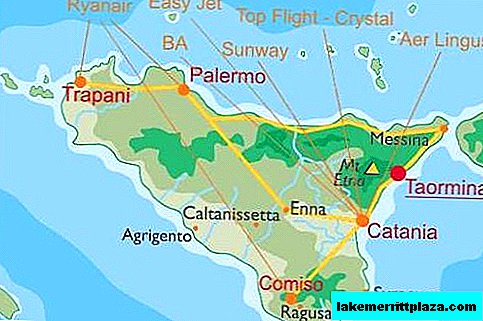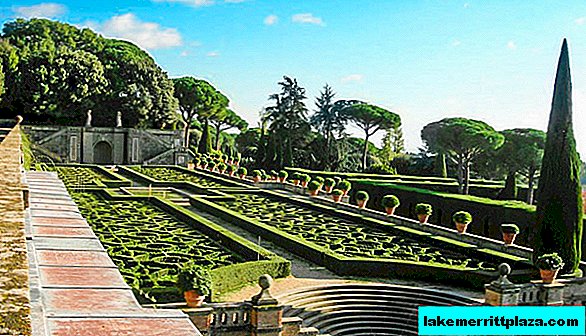Have a desire to touch the noble antiquity? From our ranking of the ten most famous Roman emperors, you will find out to whom the world owes its greatness and beauty to the Eternal City.
- Octavian Augustus
(27 BC - 14 AD)
Creator of the Roman Empire and, accordingly, the first emperor. He was the youngest of the pretenders to the throne, but the mind, resourcefulness and desire for sole power did their job. Being the great-granddaughter of Julius Caesar, he inherited and ruled for some time as part of the triumvirate. He did not like this alignment, and he soon eliminated the co-rulers of Mark Anthony and Mark Lepidus.Octavian ruled Rome wisely and fairly for over 40 years. He received popular recognition during his lifetime, which is not uncommon for outstanding personalities. Family life was not so successful. None of the three marriages brought happiness, but the only daughter Julia upset her father by rampant drunkenness and debauchery. Among her lovers, among all others, was the poet Ovid. Like most promiscuous young men, Augustus was an adherent of traditional family values. I expressed my indignation at the behavior of my daughter poetically: “It would be better for me to live a celibate and to remove a childless!”
- Nero
(54 - 68 AD)
The cruelty and tyranny of Emperor Nero went into the proverb. His mothers predicted that if a son reigned, he would kill her. The ambitious woman replied: “Let him kill, if only he reigned!” The prediction came true and even in abundance, Nero destroyed more than one Agrippina. Both wives of the bloodthirsty emperor, his named brother, and many objectionable nobles fell under the hand. His teacher Seneca and the famous Petronius Arbiter received orders to commit suicide. Beyond the atrocities, Nero was fond of writing poetry and playing the lutealthough a poet and performer was mediocre. In pursuit of inspiration to create a song about burning Troy set fire to Rome, and then accused Christians of the fire. Before this event, the attitude towards the followers of Christ was neutral, Nero laid the foundation for their brutal persecution. The adherents of the Roman religion, too, could not breathe from him. All Italy revolted against the brutal holy person; the Senate declared him an enemy of the people. Realizing that the end was near, Nero fled to one of his suburban villas and ordered a freedman to slaughter himself there. The order was executed. - Traian
(98 - 117 AD)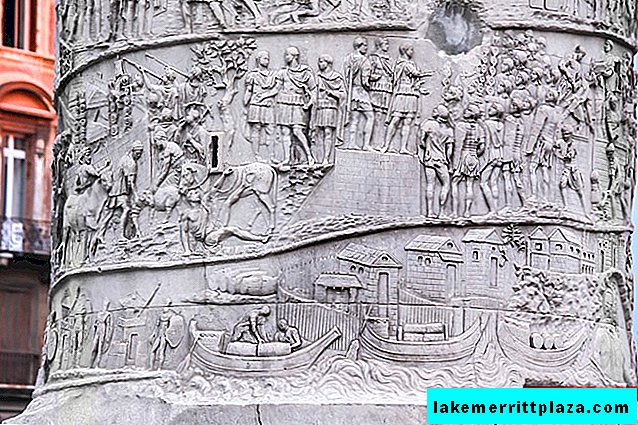 The conquering emperor. It was in his reign that the Roman Empire became huge as never before. His greatest achievement is the conquest of Dacia (Transylvania) and some areas of Parthia (Arabia). The column of Trajan in Rome is decorated with reliefs with scenes of the Dacian campaigns.
The conquering emperor. It was in his reign that the Roman Empire became huge as never before. His greatest achievement is the conquest of Dacia (Transylvania) and some areas of Parthia (Arabia). The column of Trajan in Rome is decorated with reliefs with scenes of the Dacian campaigns. - Konstantin
(306 - 337 AD)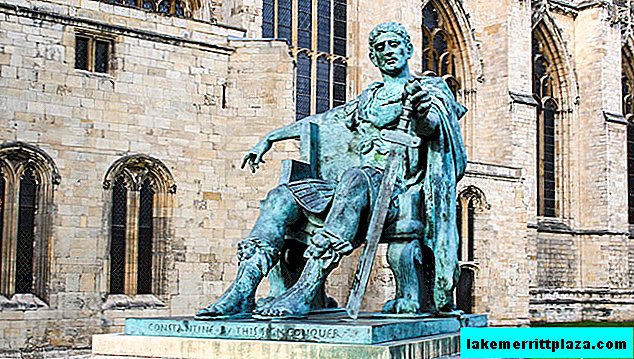
Emperor Constantine, nicknamed the Great, forever changed the face of the Roman Empire. The capital was moved to the city of Byzantium, called Constantinople (Istanbul). The remains of the fortress wall of Constantine can be seen in Istanbul now. Under him, Christianity became the dominant religion., although the pagans were not persecuted, publicly forbidden to perform rituals.He himself was baptized at the end of his life and was buried in the Apostolic Church. Konstantin hoped to atone for his grievous sins, in the past he killed the eldest son through the false libel of his second wife, Fausta, and then herself. Today, the Arc de Triomphe of Constantine is located in Rome next to the Colosseum.
- Vespasian
(69 - 79 AD)
He became famous for the great mind of a true ruler, brilliant wit and phenomenal stinginess. He put an end to the civil war in Rome and the uprising in Jerusalem. Wanting to raise more money for the treasury, taxed ... public toilets. When his son Titus rebuked his father for this, he immediately objected: “Money doesn’t smell!” An ingenious phrase survived the author for two thousand years.But when it came to magnifying Rome, the emperor forgot about saving. In his reign, the Capitol was restored and the Colosseum was built.
- Adrian
(117 - 138 A.D.)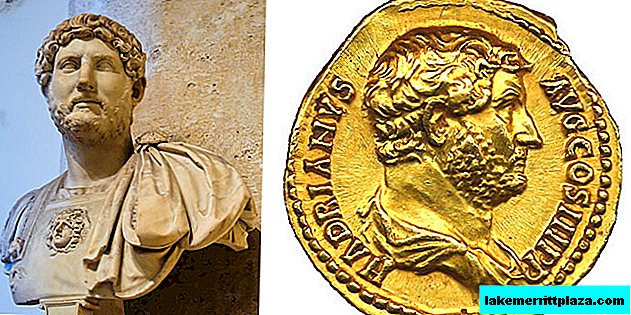
Antique version of Peter the Great - studied and studied, built and traveled. He traveled all over the Roman Empire and reproduced some of its provinces in miniature in his villa in Tivoli. Family life did not work out; Adrian hated the beautiful wife, preferring Antinois the freedman. But both the spouse and the favorite were embodied in marble in the legendary villa. - Marcus Aurelius
(161 - 180 AD)Well-known Stoic philosopher, author of the book "To himself." Cruelly persecuted Christians, it was in his reign that the practice of investigation and coercion to renounce faith was applied to them. These measures led to the extermination of more than a hundred saints.
- Septimius Severus
(193 - 211 AD)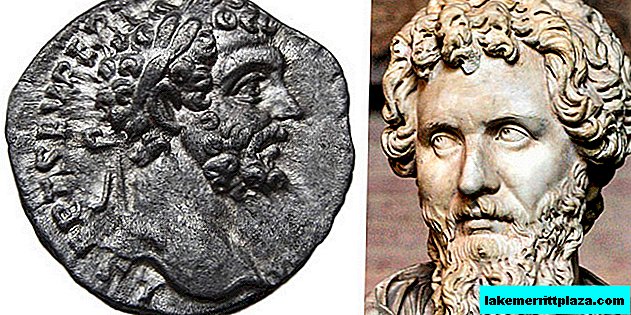
He had a reputation for being active and purposeful. He loved a harsh camping life, and aristocratic effeminacy escaped. He conquered Parthia and helped strengthen justice. Read about the triumphal arch of Septimius Severus at the Roman Forum. - Diocletian
(284 - 305 AD)
He is known for severely torturing the holy great martyr George, his former centurion, who converted to Christianity. He was the last emperor to attempt to exterminate Christians. In old age, he retired and settled in a villa.When the senators came to him with a request to return to power, he answered them, pointing to their beds: “Look at how I sprouted cabbage!”
- Romulus Augustus (Augustulus)
(475 - 476 AD)
The last emperor of the Western Roman Empirewho wore his title only formally. His possessions were conquered by the German king Odoacher, who spared the young man for his beauty and youth. Ironically, a man who bears the names of the founder of Rome and his first emperor did not manage to rule a single day, for one year he was emperor only nominally.

 The conquering emperor. It was in his reign that the Roman Empire became huge as never before. His greatest achievement is the conquest of Dacia (Transylvania) and some areas of Parthia (Arabia). The column of Trajan in Rome is decorated with reliefs with scenes of the Dacian campaigns.
The conquering emperor. It was in his reign that the Roman Empire became huge as never before. His greatest achievement is the conquest of Dacia (Transylvania) and some areas of Parthia (Arabia). The column of Trajan in Rome is decorated with reliefs with scenes of the Dacian campaigns.


